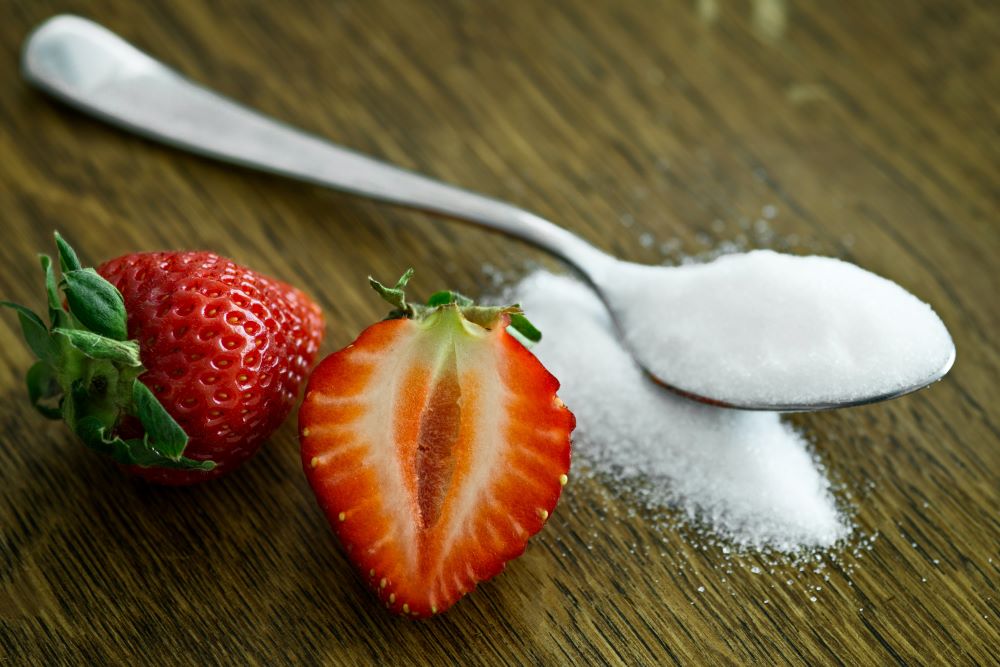Artificial sweeteners may not be as safe as marketing makes them out to be.
The International Agency for Research on Cancer (IARC) recently released long-awaited new assessments of the health impacts of the sugar alternative sweetener aspartame. The assessment results were supported by the International Agency for Research on Cancer (IARC), the World Health Organization (WHO), Food and Agriculture Organization (FAO), and Joint Expert Committee on Food Additives (JECFA). Both the IARC and JECFA assessments have concluded that aspartame consumption is generally safe within specified limits. The reaffirmation of the acceptable daily intake (ADI) of 0-40 mg/kg of body weight by JECFA suggests that, for most individuals, aspartame consumption does not pose a significant health risk.
Aspartame is an artificial sweetener that’s found in stores and restaurants under different brand names like “NutraSweet” or “Equal.” It’s been widely used in various food and beverage products since the 1980s and is about 200 times sweeter than sugar. Some common products that contain aspartame include diet sodas, chewing gum, gelatin products, ice cream, dairy products such as yogurts, breakfast cereals, toothpaste, and medications.

Long before the latest assessment results, aspartame consumption has been a topic of concern, leading to various studies and assessments to determine its safety. Some of the common health concerns associated with aspartame consumption include:
Carcinogenicity: One of the main concerns has been whether aspartame poses a cancer risk. The IARC and JECFA assessments addressed this issue, with IARC classifying aspartame as possibly carcinogenic to humans (Group 2B) due to limited evidence for cancer in humans, particularly liver cancer. Substances are classified as “possibly carcinogenic” when data are not strong enough to confidently establish a causal link between the substance and cancer in humans. The FDA actually disagrees with the IARC findings and believes there were “shortcomings” in the studies used.
Phenylalanine: Aspartame contains phenylalanine, an amino acid that is harmless to most people. However, for individuals with phenylketonuria (PKU), a rare genetic disorder, phenylalanine cannot be properly metabolized and can lead to toxic levels in the body. Therefore, products containing aspartame are often labeled with a warning for PKU individuals to avoid consumption.
Headaches and neurological effects: Some individuals have reported experiencing headaches, migraines, and other neurological symptoms after consuming products containing aspartame. However, scientific evidence supporting a direct link between aspartame and headaches remains inconclusive.
Despite these concerns, both the IARC and JECFA assessments have concluded that aspartame consumption is generally safe within specified limits. While the IARC classified aspartame as possibly carcinogenic to humans based on limited evidence, both IARC and JECFA reaffirmed the acceptable daily intake.
As scientific knowledge and research methodologies continue to advance, ongoing monitoring and further studies focusing on the potential health impacts of aspartame may be needed. In the meantime, consumers can make informed choices by adhering to recommended daily intake levels and considering any specific dietary requirements or health conditions they may have.
As with any food additive, moderation and balanced dietary choices remain key to maintaining overall health and well-being. As new evidence emerges, health organizations will continue to update their recommendations and guidelines to ensure public safety.


Join the conversation!